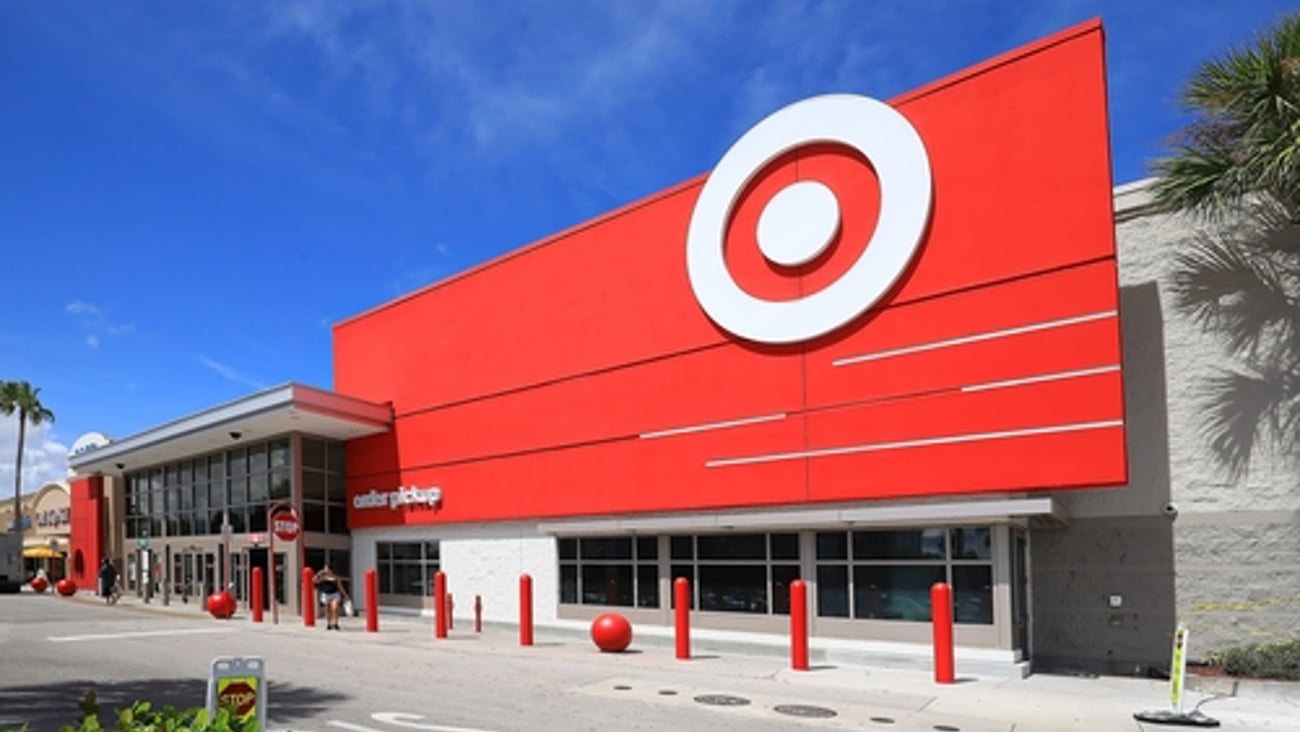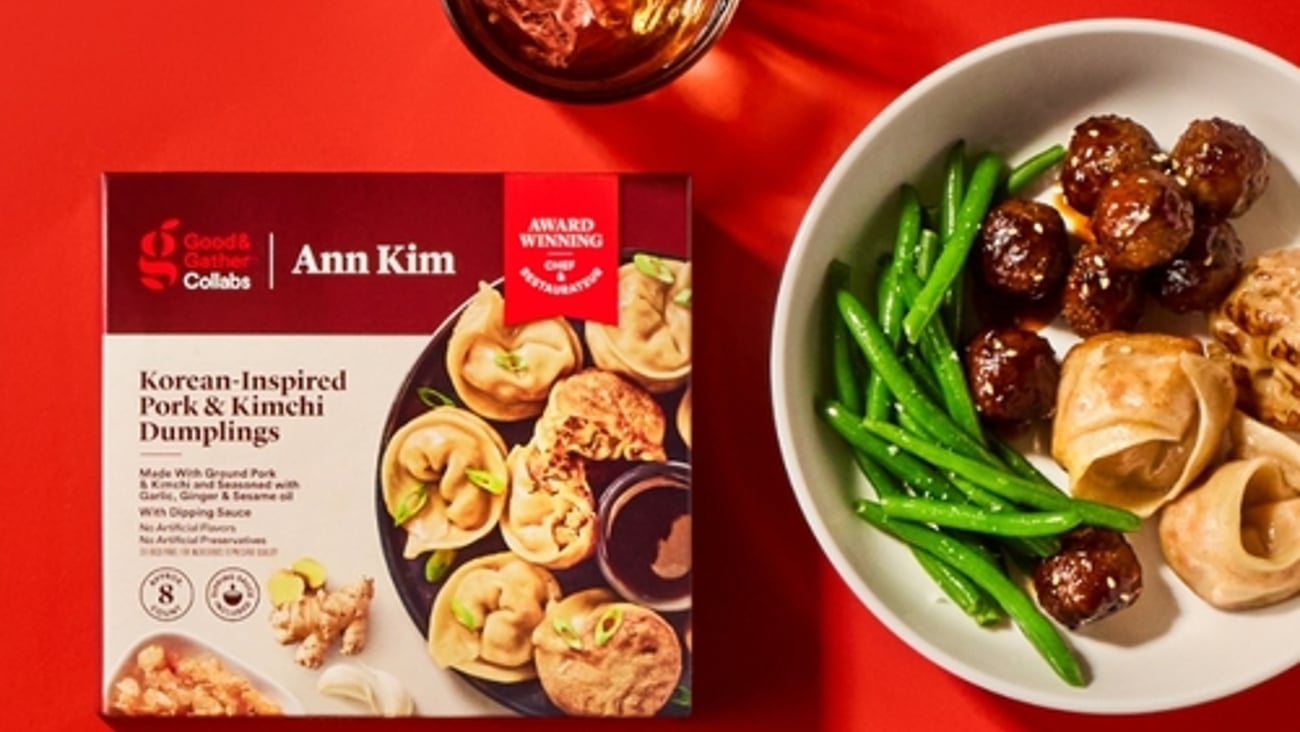It’s nice to ‘hear’ from Trader Joe’s
As a member of the press, I’ve found it’s difficult to get anyone from Trader Joe’s to talk about anything. Anything.
But that’s Trader Joe’s. As far as the press goes, Trader Joe’s likes to keep things close to the vest. We (and plenty of press people) get a “no comment” from Trader Joe’s just about every time we contact them to talk shop.
So I was surprised to learn via a press release (yes, Trader Joe’s issued a press release!) that Monrovia, Calif.-based Trader Joe’s launched a five-part podcast series, “Inside Trader Joe’s,” to take listeners inside the company “for the scoop on what makes Trader Joe's — Trader Joe's.”
Throughout the podcast series, Trader Joe's “crew members,” including the company's CEO, president and chief operating officer, president of stores, executive vice president of marketing and merchandising, and store captains talk about the way the retailer does business, where and how it discovers its products, and other topics.
“It’s often best for us to get out in the world and not wait for things to come to us,” says Matt Sloan, Trader Joe’s vice president of marketing, in the first podcast, titled “It’s About the Products.”
In episode four, titled “The Store Is Our Brand,” Trader Joe’s Marketing Director Tara Miller mentions that more than 80 percent of the products that Trader Joe’s sells are private brands. “Keeping [products] our label as opposed to the brand label or suppliers label helps us keep our prices low,” Miller notes.
In that podcast, Sloan mentions that one of the one seven values that guides Trader Joe’s states that “our store is our brand.” Sloan then gives way to Trader Joe’s President of Stores John Basalone, who expands on the store-as-brand concept.
‘People can’t understand … [they say] why aren’t you selling products online and how come you just don’t sell wholesale to China? They want a bunch of your products. Why don’t you just send truckloads and shiploads of products to other countries and make a bunch of money? Because that is not what Trade Joe’s is,” Basalone says. “For us, the store is our brand. Our products work the best when they are sold as part of this overall custom experience within the store level. We’re not ready to give that up. For us the brand is too important, and the store is our brand.”
The first Trader Joe's store opened in 1967 in the Los Angeles area. Since then, Trader Joe's has expanded to more than 470 stores in 43 states and Washington, D.C. The retailer is wildly popular among its customers with its private-branded products and its service.
So it’s nice to hear from Trader Joe’s people through these podcasts. It’s the people, after all, who make the products and the experience.
Hopefully, we will hear from Trader Joe’s people more in the future.





